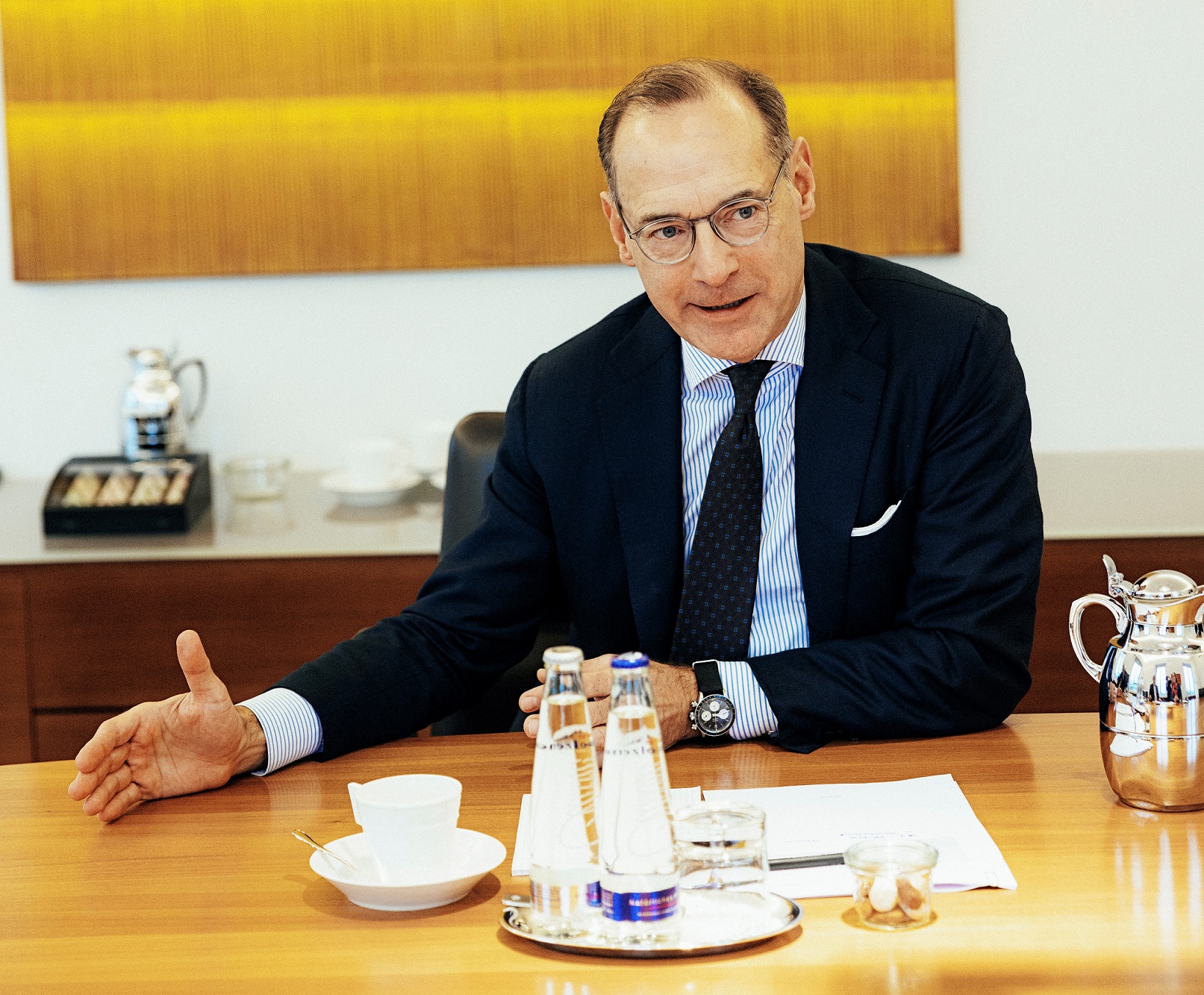About Allianz
The Allianz Group is one of the world's leading insurers and asset managers with around 125 million* private and corporate customers in nearly 70 countries. Allianz customers benefit from a broad range of personal and corporate insurance services, ranging from property, life and health insurance to assistance services to credit insurance and global business insurance. Allianz is one of the world’s largest investors, managing around 737 billion euros** on behalf of its insurance customers. Furthermore, our asset managers PIMCO and Allianz Global Investors manage about 1.7 trillion euros** of third-party assets. Thanks to our systematic integration of ecological and social criteria in our business processes and investment decisions, we are among the leaders in the insurance industry in the Dow Jones Sustainability Index. In 2023, over 157,000 employees achieved total business volume of 161.7 billion euros and an operating profit of 14.7 billion euros for the group.
* Including non-consolidated entities with Allianz customers.
** As of December 31, 2023.
